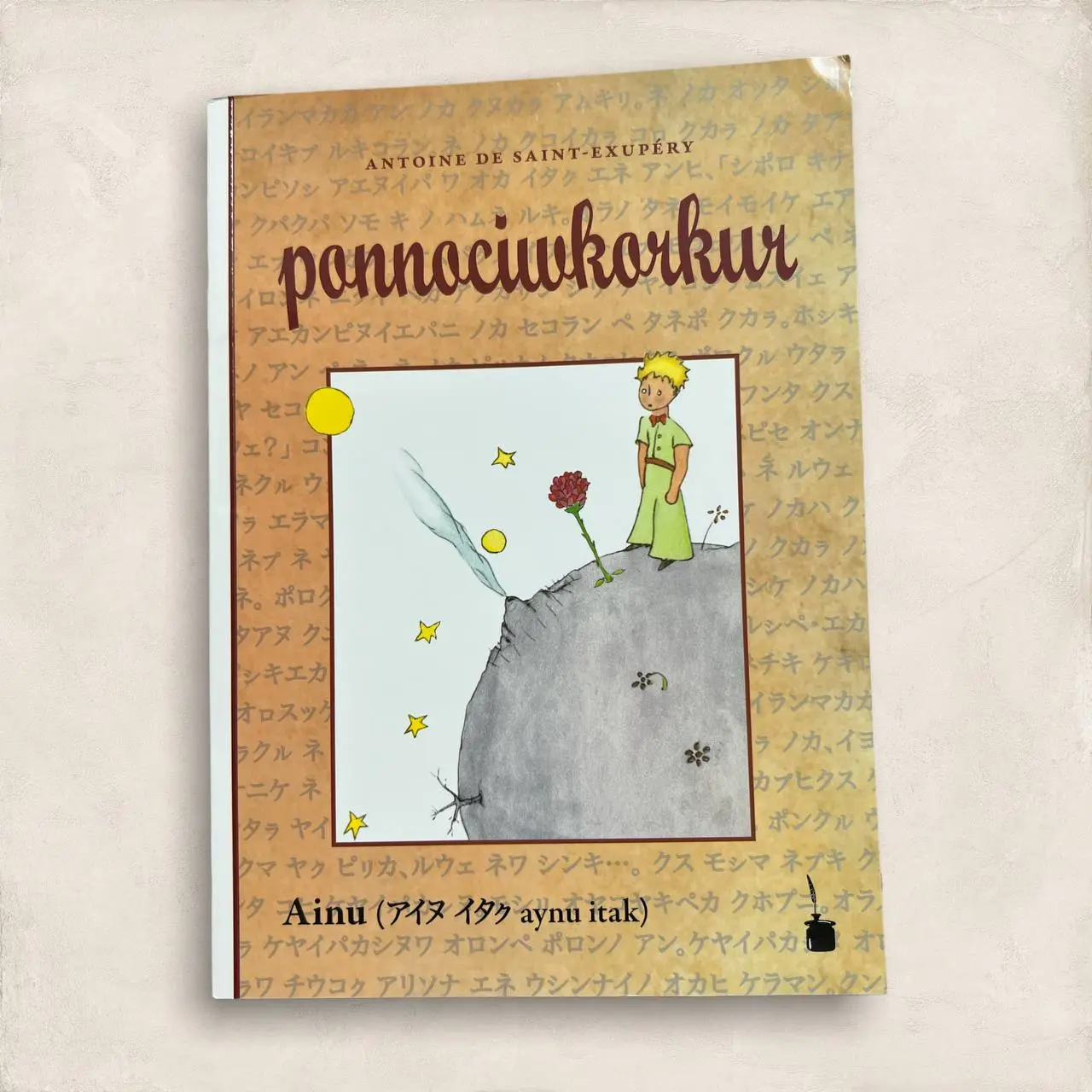
Ponnociwkorkur — in Ainu.
Ezo is a Japanese word meaning “foreigner” and referred to the Ainu lands to the north, which the Japanese named “Ezo-chi”. Ainu, Ainu-itak (アイヌ・イタㇰ), or Hokkaido Ainu, is a language spoken by Ainu people on this area. It is a member of the Ainu language family, itself considered a language family isolate with no academic consensus of origin.
Until the 20th century, the Ainu languages — the extant Hokkaido Ainu and the now-extinct Kuril Ainu and Sakhalin Ainu — were spoken throughout the southern half of the island of Sakhalin and by small numbers of people in the Kuril Islands.
Due to the extreme colonisation policy employed by the Japanese government, the number of Ainu language speakers plunged down through the 20th century, and very few people can speak the language fluently. Hokkaido Ainu is a moribund language, though attempts are being made to revive it.
The Ainu languages are a contact language, i.e. have strong influences from various Japonic dialects/languages during different stages, suggesting early and intensive contact between them somewhere in the Tōhoku region, with Ainu borrowing a large amount of vocabulary and typological characteristics from early Japonic.

